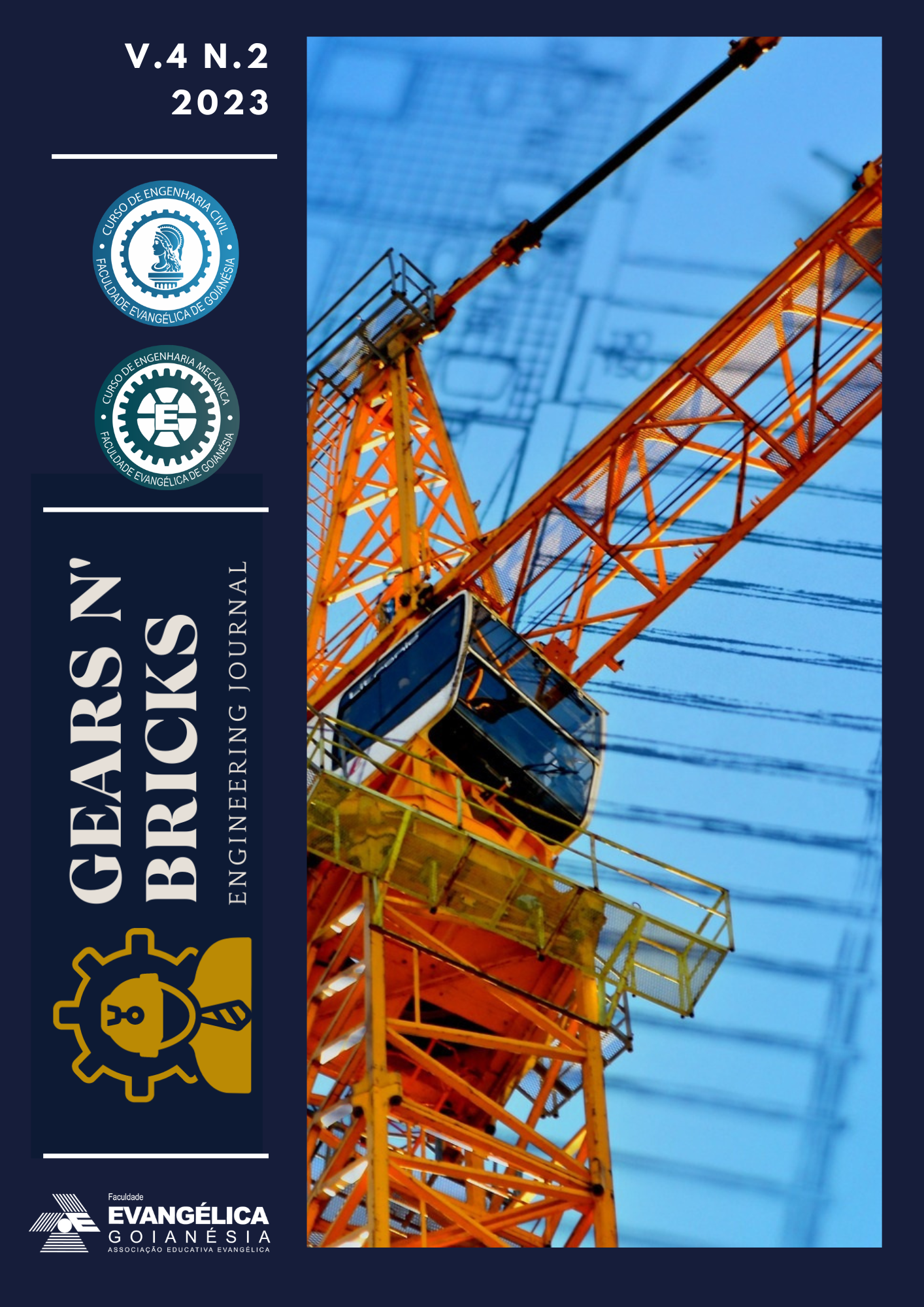COMPARATIVE ANALYSIS OF CONSTRUCTION METHODS IN ICF AND CONVENTIONAL MASONRY
Keywords:
Efficiency;, Planning;, Profitability;, Masonry.Abstract
In Brazil, the construction industry is increasingly focused on seeking alternatives to replace traditional construction methods with those that allow for greater development in terms of quality, speed, and sustainability. Therefore, these options aim to reduce generated waste, minimize material wastage, increase execution speed, reduce the consumption of natural resources, and ensure good performance of constructions. This study aims to compare the conventional construction method, characterized by the use of reinforced concrete structures and ceramic block masonry, with the construction method that uses expanded polystyrene (EPS) walls, known as Insulated Concrete Form (ICF). A case study will be conducted in the city of Itaberaí, Goiás on a residential project, with the objective of demonstrating the feasibility of using the Insulated Concrete Form (ICF) in civil construction, describing its main characteristics, materials, and construction stages used. Furthermore, a financial comparison will be made through budgets for both construction methods in order to identify the best cost-benefit ratio. The results of this study, based on theoretical findings, revealed that the execution cost of the ICF system was higher than the conventional method, recording a difference of R$23,454.27. In percentage terms, this represents an increase of 25.2% compared to the conventional system. Thus, concluding more advantageous results for the conventional system in terms of costs, however, elements such as productivity, minimization of material waste, thermal and acoustic performance were not considered in the results, which could make the ICF system more attractive.





